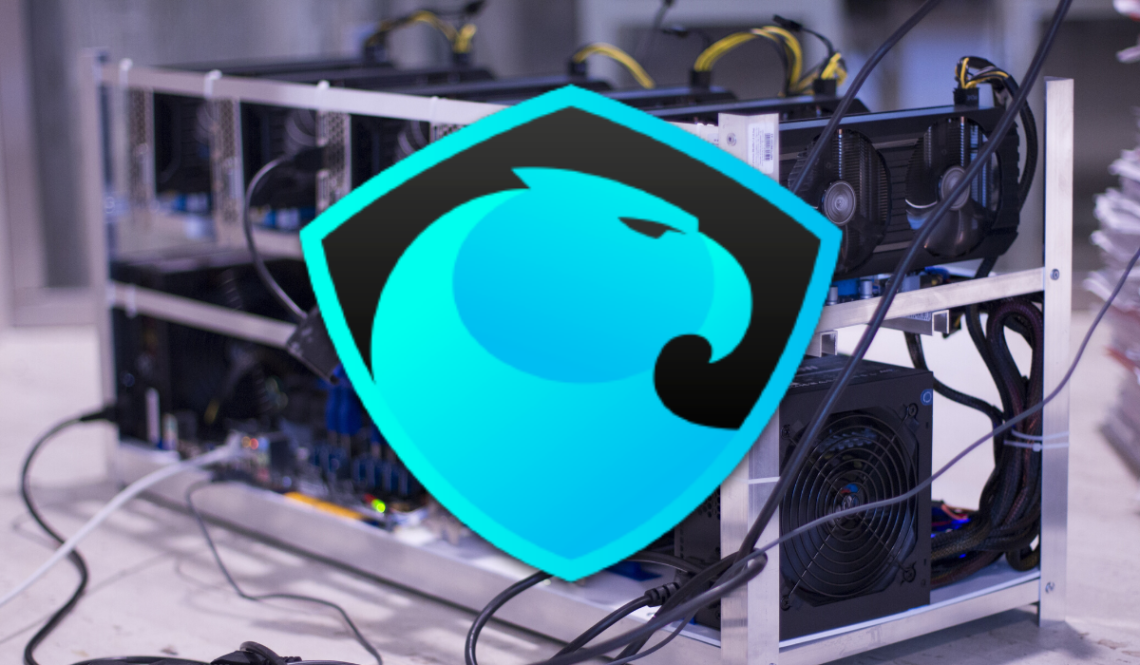- Aragon launched the world’s first digital jurisdiction platform Aragon Court on the Ethereum mainnet.
- The juror stakes the Aragon Network Juror (ANJ)) token on the Ethereum blockchain to be drafted jury committees and earn payment for resolving disputes.
- The anonymous, random drafting of jurors is determined by their ANJ stake on the Aragon Court.
The decentralized autonomous organization, Aragon, launched the world’s first digital jurisdiction platform Aragon Court on the Ethereum mainnet, which seeks to provide subjective dispute resolution using human jurors that are drafted by the Aragon Court protocol.
The juror stakes the Aragon Network Juror (ANJ)) token on the Ethereum blockchain to be drafted jury committees and earn payment for resolving disputes. Within a day of its release, Aragon Court has garnered 2.5% on all Aragon (ANT) tokens in circulation to be exchanged for ANJ to be used on the platform.
People are also exchanging Ethereum for ANJ with the volume in circulation reaching $1,002 within two days of its release and is now trading at $0.0099 per token as of press time. As statistics from Etherscan, more than 1% of all ANT holders are have staked with ANJ and registered as jurors.
Aragon Court’s end goal is to take the traditional dispute resolution from courtrooms into the blockchain where smart contracts that are decentralized provide the base infrastructure for the judicial system.
The anonymous, random drafting of jurors is determined by their ANJ stake on the Aragon Court. The higher the stake, the larger the likelihood of being drafted to resolve a dispute.
The incentive for jurors to stake tokens lies in that upon reaching consensus on a dispute, the jury party with the majority votes gets a fraction of the staked tokens and the ruling fees, whereas the minority loses their stake.
If displeased with the outcome of the resolution, the parties involved in the dispute can appeal for further adjudication upon staking more tokens as collateral. It is yet to be seen whether Aragon Court’s dependence on game theory and populism based mechanics will work successfully in delivering justice.
Unlike traditional courts where evidence is given importance, and the jury makes decisions based on the law, Aragon Jurors are incentivized to vote for the decision that the majority of stakeholders will vote for in order to win reach consensus and receive returns on their stake.
This might prove antithetical with providing justice to clients since jurors have no direct line of communication with each other, and conflicting opinions, even if it lies in the path of justice, might not gain consensus.
What Aragon Court does solve is making a judicial system more financially accessible to people. Traditional court proceedings can be very expensive, and Aragon brings a similar service, although with shortcomings, to the masses.
No matter what, Aragon Court is at the forefront of innovation using blockchain-based legal applications, and the community has shown their interest and attention as the number of token holders show. Whether the venture will be successful or not is yet to be seen.
Steve Anderson is an Australian crypto enthusiast. He is a specialist in management and trading for over 5 years. Steve has worked as a crypto trader, he loves learning about decentralisation, understanding the true potential of the blockchain.


 Home
Home News
News










